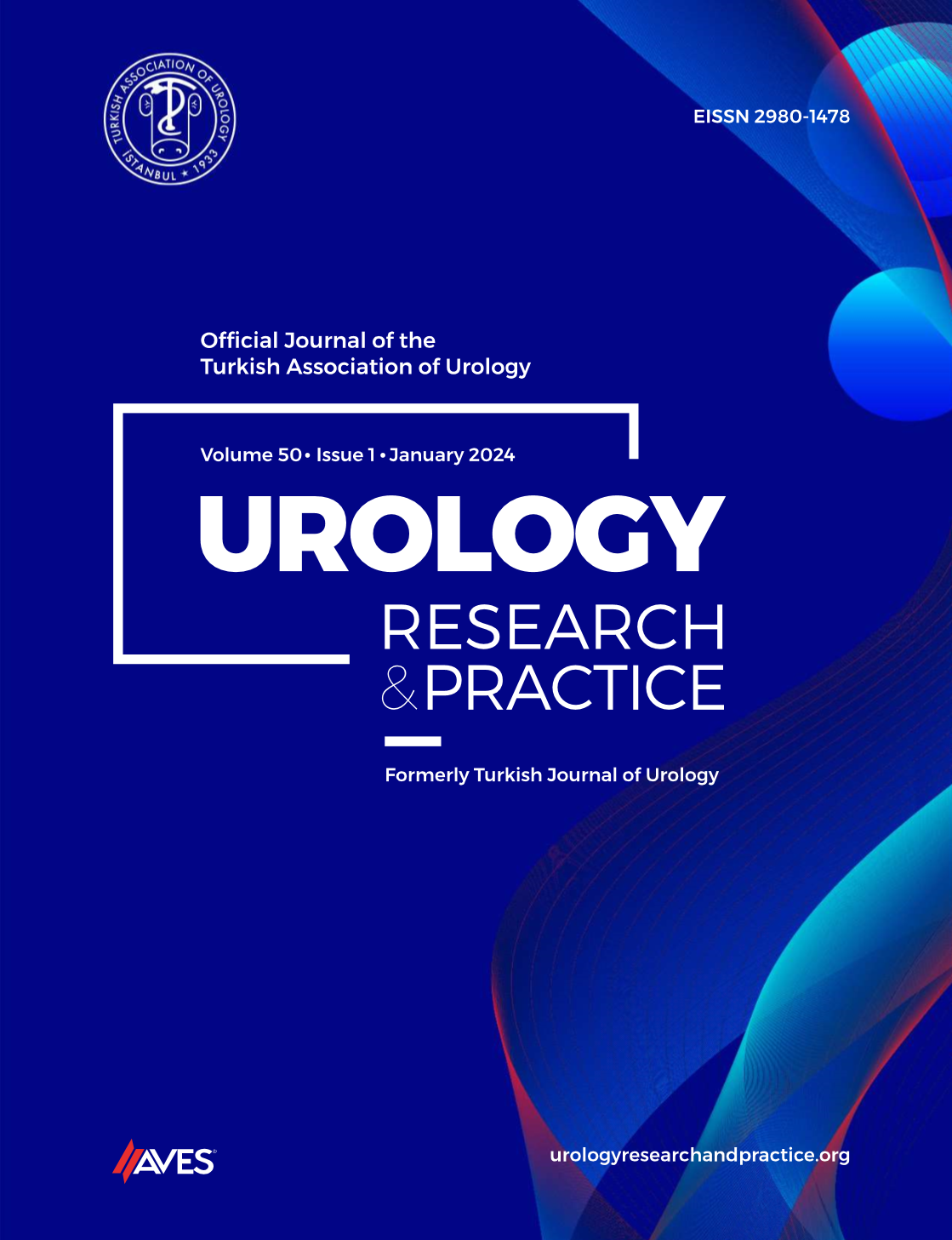Objective: Malignant bladder neoplasms can cause life-threatening persistent hematuria. Selective transarterial embolization is an effective way to achieve hemostasis in such patients. The purpose of our study is to share our experience in these patients and to evaluate the short- and long-term effectiveness of this procedure.
Methods: Twelve male patients with intractable hematuria due to bladder carcinoma were included in the study. A total of 17 selective transarterial embolization procedures (bilateral in 5 patients) were performed in 12 patients with microspherical particles and microcoils.
Results: Complete control of bleeding was achieved in 9 patients after the procedures whereas the need for transfusion continued in 3 patients. Approximately 75% bleeding control was achieved during our average 6-month (4- to 12-month) follow-up period. After the procedure, the patients had mild complaints that lasted for a few days, such as pain (66%), fever (42%), and nausea (50%). No major complications occurred.
Conclusion: Selective transarterial internal iliac artery embolization is a reliable method that can be used for the palliative treatment of intractable hematuria due to bladder carcinomas.
Cite this article as: Hekimoglu A, Ergun O, Hekimoglu B. Selective transarterial embolization for intractable hematuria due to bladder carcinomas: A single center experience. Urol Res Pract. 2023;49(5):334-337.

.png)


.png)